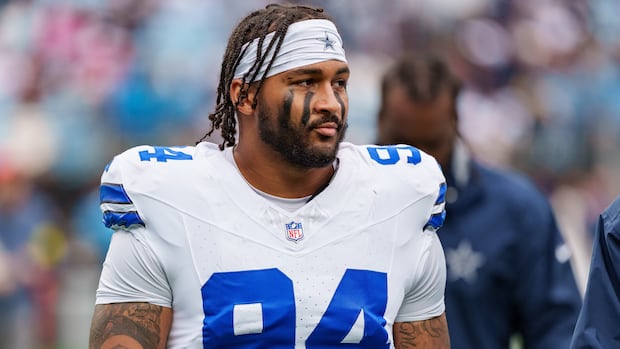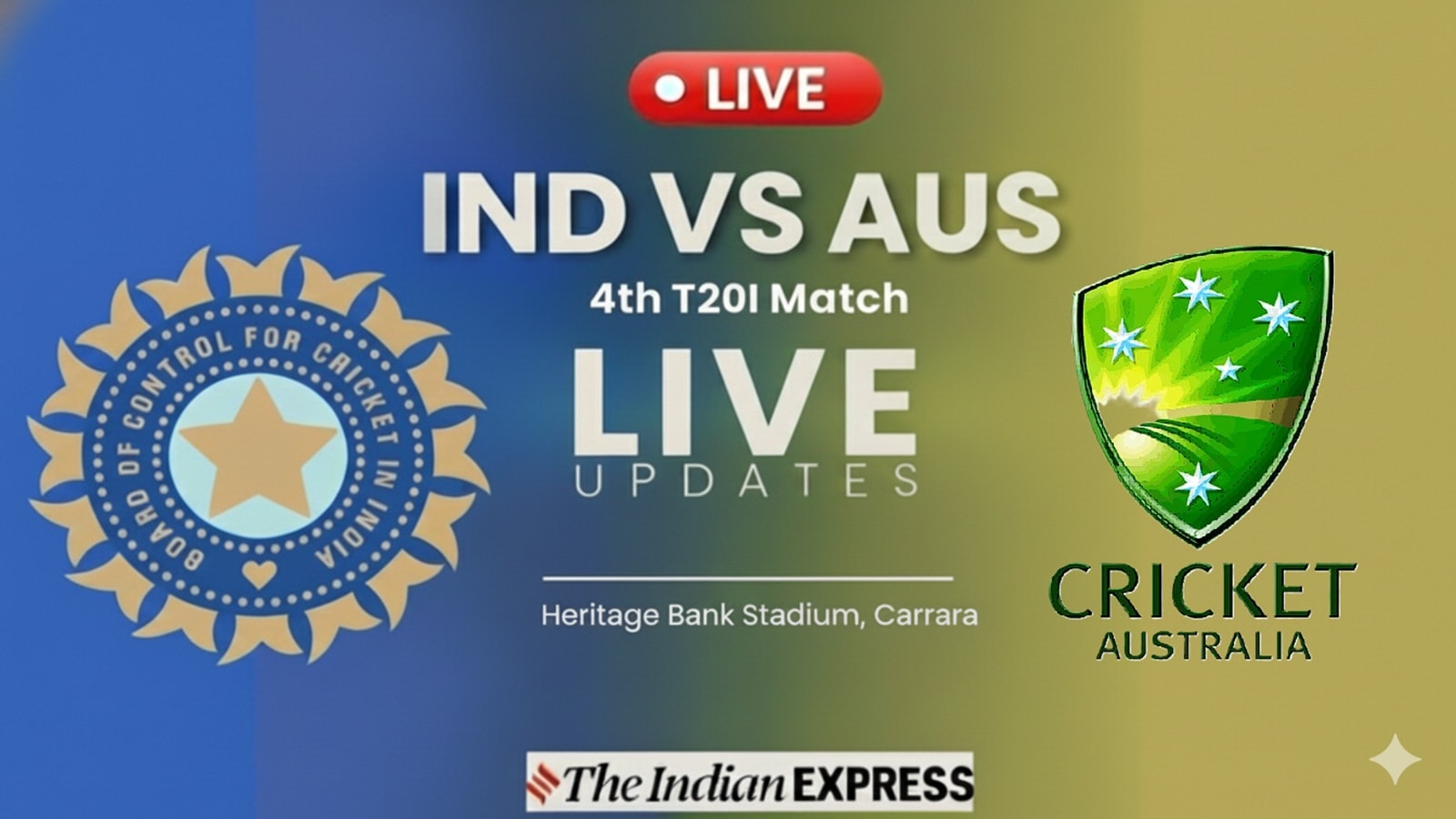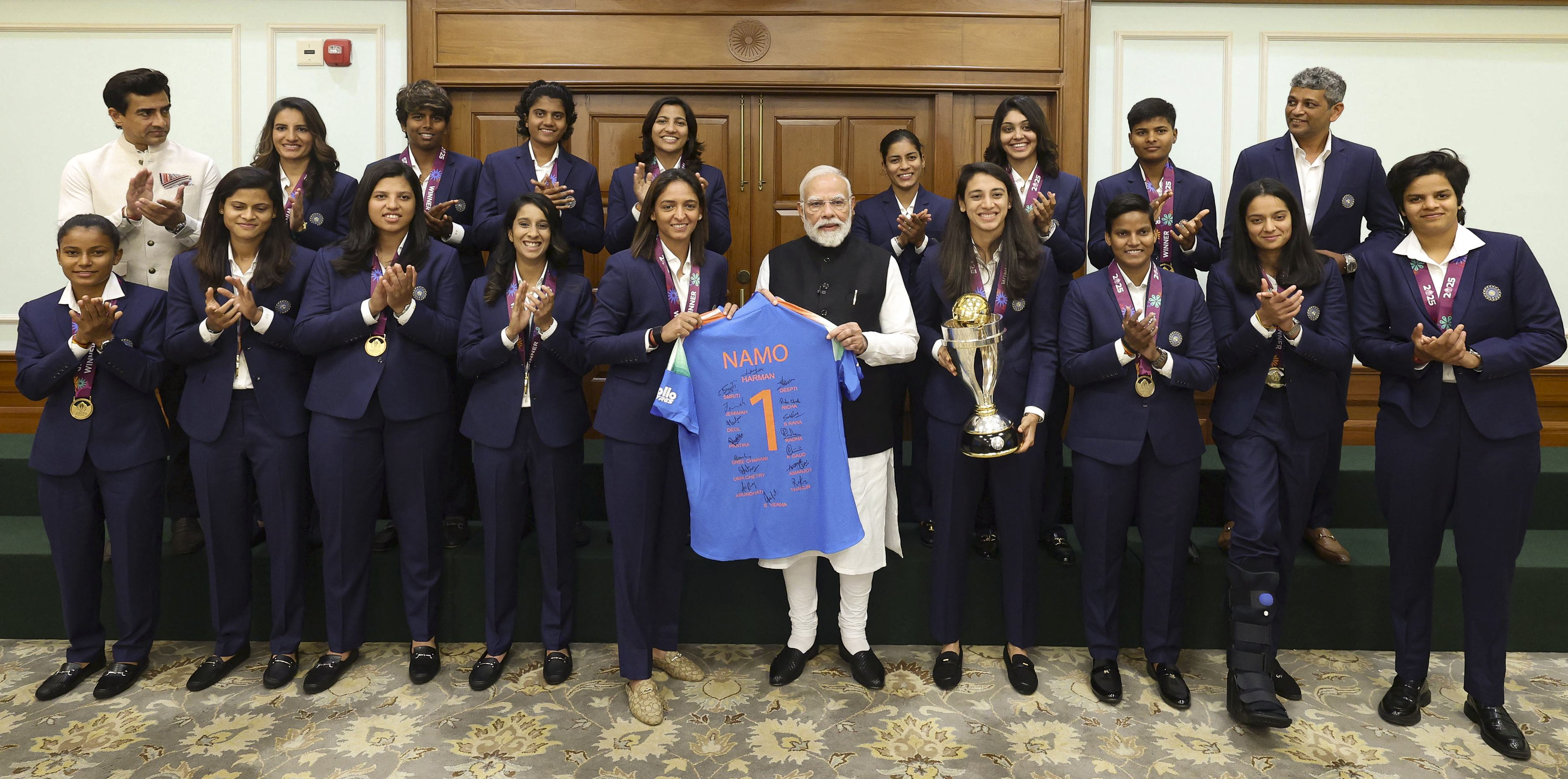Dodgers-Blue Jays World Series sets U.S., global, viewership marks

A World Series featuring a Canadian team and a pair of Japanese superstars delivered both in and outside of the United States.The seven-game Dodgers-Blue Jays World Series averaged a Nielsen-estimated U.S. audience of 16.1 million viewers across all Fox Sports platforms — plus Univision, which simulcast Game 1 — up 2% from last year’s five-game average for Dodgers-Yankees (15.8M). The FOX-only average was 15.71 million, also up 2% from last year (15.34M).Keep in mind that Nielsen did not begin including out-of-home viewing in its estimates until 2020 and did not do so in 100% of markets until this year. In addition, Nielsen shifted to a new methodology in September that adds data from smart TVs and set-top boxes to its traditional panel. Between those two changes, it is a virtual lock that last year’s World Series averaged a larger U.S. audience all things being equal.Nonetheless, as it is Nielsen policy to compare the “Big Data + Panel” figures to prior panel-only numbers, the Dodgers’ win is officially the most-watched Fall Classic since the seven-game Astros-Dodgers in 2017 (18.93M).Few would have expected prior to the start of the series that viewership would finish close enough to last year for any methodological changes to matter. Last year’s World Series pit the nation’s top two television markets in what was viewed as a ‘best-case scenario’ from a ratings perspective. By contrast, this year’s series featured baseball’s lone Canadian team, whose fanbase does not count toward U.S. Nielsen estimates.And indeed, viewership was down 18% through five games. But Game 6 and especially Game 7 gave the series a strong finishing kick.Saturday’s Game 7 finished with an 11.5 rating and 26.88 million viewers on FOX, with the latter figure rising to 27.33 million across all Fox Sports platforms — the largest MLB audience since Game 7 of the 2017 World Series. Compared to the previous World Series Game 7 in 2019, viewership increased 16% from 23.19 million in an era before “Big Data” or out-of-home viewing.Notably, this year’s household rating actually declined 12% from the 2019 figure (13.1) to rank as the lowest on record for a World Series Game 7. Household ratings by definition do not include out-of-home viewing.As previously noted, Game 7 delivered the largest Saturday night sports audience — excluding the NFL and the Olympics — since Game 6 of the 1996 World Series (Braves-Yankees: 30.44M).For the year, Game 7 ranks as easily the most-watched non-NFL sporting event on any network — surpassing the college football and basketball national championship games and Game 7 of the NBA Finals. Keep in mind all of those events took place before “Big Data” became the official currency in September, with the panel-only viewership figures for those events being 22.1, 18.1 and 16.6 million respectively. (It is a near certainty that Game 7 would still win out all things being equal.)In Canada, Game 7 averaged 11.6 million across SportsNet and TVAS, marking the nation’s largest English-language audience since the 2010 Winter Olympics. In Japan, home country of Dodgers star Shohei Ohtani and World Series MVP Yoshinobu Yamamoto, Game 7 averaged 12.0 million. The combined audience across all three countries was 51 million, which MLB said Wednesday is the largest across the three nations since Game 7 of the 1991 World Series.The full series averaged 8.1 million viewers in Canada, bringing the two-nation total to 24.3 million — up 46% from last year and the highest since the Cubs-Indians World Series in 2016. Including Japan, which averaged 9.7 million, the series averaged 34 million across the three nations (+19%). The combined audience of 17.9 million in Canada and Japan is the largest international audience for any World Series, per MLB.In the U.S., the World Series outdrew the NBA Finals for the fourth time in six years, the longest stretch since the Fall Classic won in 10 of 11 from 1999-2009. Three of those four years involved the Dodgers, with the exception being 2021 — when Braves-Astros outdrew Bucks-Suns, which played out-of-season in July.Game 6 last Friday night drew an 8.0 and 17.68 million on FOX, up 31% in ratings and 41% in viewership from the previous Game 6 in 2022, which aired on a Saturday night (Phillies-Astros: 6.1, 12.55M).(Additional household ratings for the World Series on FOX include a 5.6 for Game 1, 5.2 for Game 2, 5.7 for Game 3, 7.2 for Game 4 and 7.1 for Game 5. Viewership figures for those games were previously reported here, here, here and here.)Los Angeles led all markets for the World Series with 17.6 rating and 53 share, actually down from last year’s five-game series (18.9/53). The market turned in a 22.2 and 62 for Game 7, up from last year’s Game 5 clincher (21.1/55).San Diego ranked second at a 10.9/40. LCS runners up Seattle (9.6/37) and Milwaukee (9.2/27) also made the top five — as did St. Louis (9.2/26).



.jpg)








